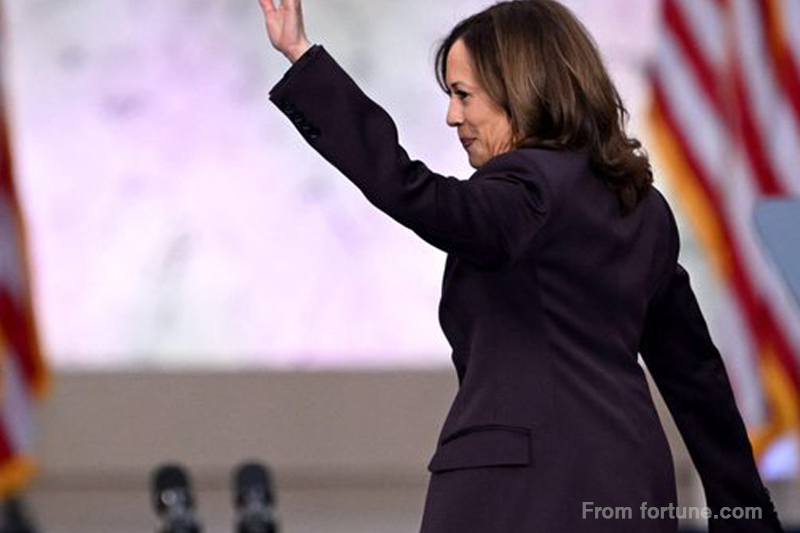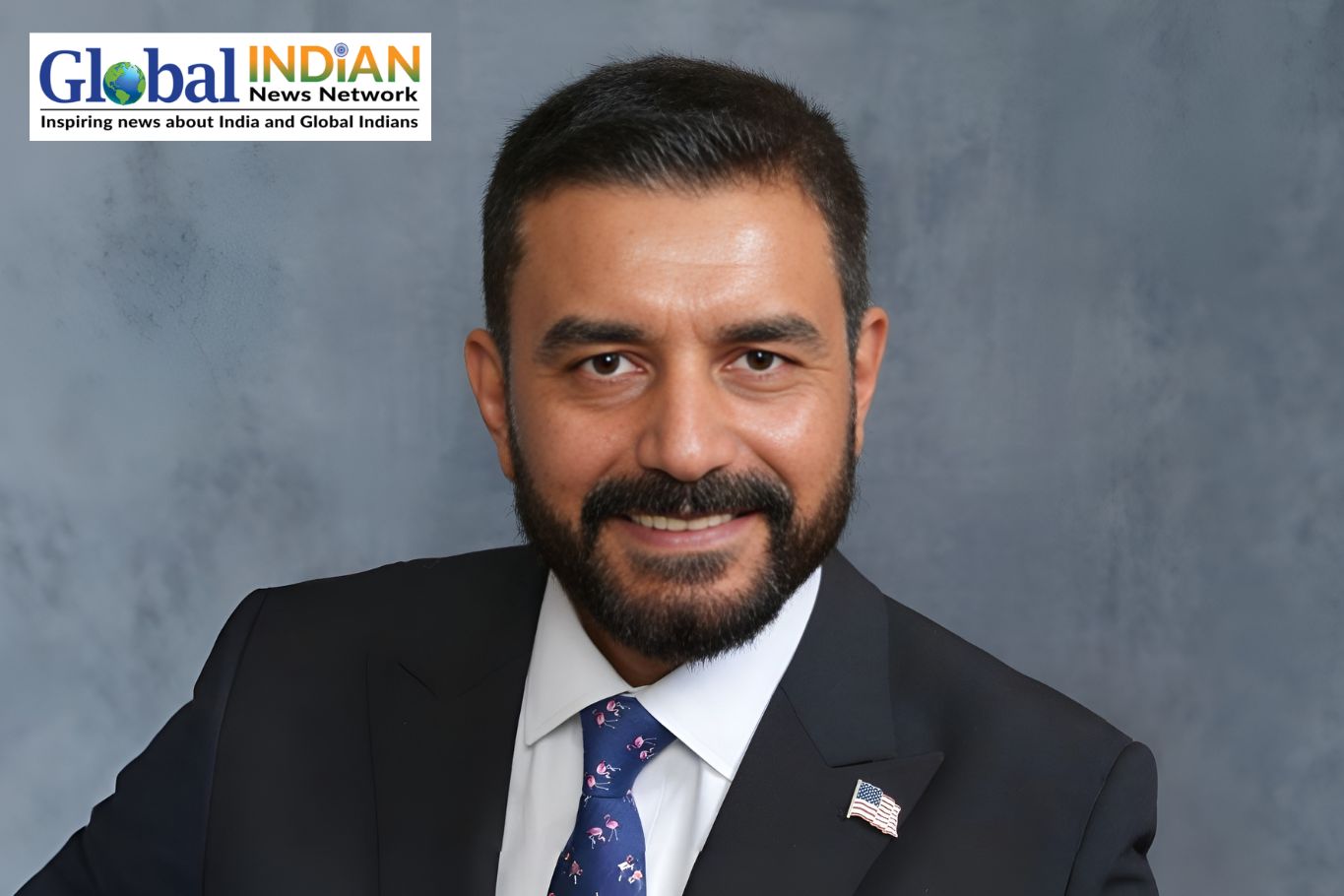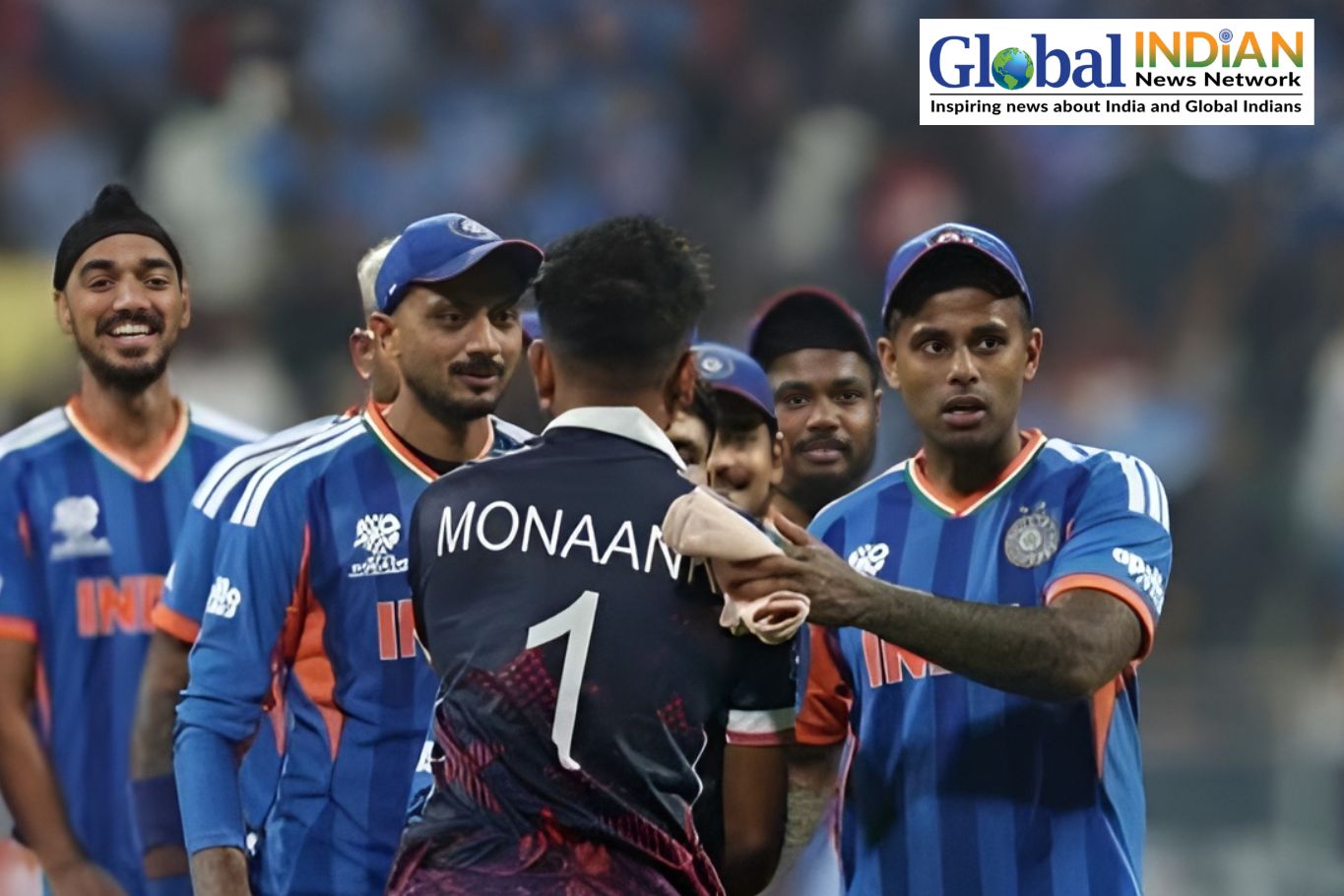 Vice President Kamala Harris’s connection with the Indian-American community seemed like a guaranteed win. Her Indian heritage made her an appealing figure for a group traditionally aligned with the Democratic Party. However, the 2024 election revealed a surprising shift in loyalties, contributing to former President Trump’s decisive victory. Indian-American voting behavior is mirroring a broader trend across the U.S.: dissatisfaction with the Democratic Party’s increasing emphasis on progressive social issues at the expense of more practical concerns like economic growth, national security, and family values.
Vice President Kamala Harris’s connection with the Indian-American community seemed like a guaranteed win. Her Indian heritage made her an appealing figure for a group traditionally aligned with the Democratic Party. However, the 2024 election revealed a surprising shift in loyalties, contributing to former President Trump’s decisive victory. Indian-American voting behavior is mirroring a broader trend across the U.S.: dissatisfaction with the Democratic Party’s increasing emphasis on progressive social issues at the expense of more practical concerns like economic growth, national security, and family values.
Recent exit polls from November 5 reflect a clear rightward shift in Asian-American voters. According to a Carnegie Endowment study, Indian-American support for the Democratic Party dropped from 56% in 2020 to 47% in 2024, while support for Trump surged from 22% to 31%. This shift is particularly strong among younger Indian-American men, a group expected to rally around Harris. Instead, they are leading a generational shift, challenging Democratic policies they feel no longer align with their core values.
Indian-Americans, like many voters across the U.S., are disillusioned by what they view as the Democratic Party’s overemphasis on symbolic inclusivity rather than practical, results-driven policies. For a community deeply rooted in hard work, education, and family, this shift represents a departure from the values that helped them thrive in the U.S.
Many Indian-Americans, especially in tech fields, are reconsidering their political affiliations due to these shifting priorities. Once staunch Democrats, some individuals—who once supported Harris’s nomination—now find themselves at odds with the party. They see patriotism, economic opportunities, and personal freedom as essential values that need more than symbolic gestures—they need actionable leadership.
Harris’s approach to her heritage has also caused disappointment. While figures like Vivek Ramaswamy have embraced their cultural identities, Harris’s approach feels lacking in genuine cultural pride, which alienates Indian-Americans who hoped for a more authentic connection from someone of shared heritage.
Additionally, Indian-Americans, who have generally followed the rigorous immigration process, are increasingly wary of the Democratic Party’s stance on illegal immigration. Many in the community feel the Democratic approach undermines the merit-based immigration system that they respect and followed. The party’s efforts to push for citizenship pathways for undocumented immigrants have raised concerns, especially among those who waited years for legal status.
Further distancing the community from the Democratic Party is the Biden administration’s alignment with Canadian Prime Minister Justin Trudeau on issues related to Sikh separatism. Indian-Americans with strong ties to India feel betrayed by the U.S. administration’s stance on radical groups, seeing it as a betrayal of shared values, especially on national security.
As a growing and influential group in key battleground states, Indian-Americans represent a constituency both parties are eager to win over. But the Democratic Party faces a pressing challenge: reconnecting with this vital community that was once a solid base of support. Token representation will not suffice; Indian-Americans, like all voters, are looking for leaders who can address their tangible, everyday concerns.









